News 4/14/11
From Kelpie: “Re: the EHR Herd. With regard to the Readers’ Write article posted by Reefdiver, KLAS just published a report focused specifically on how prepared each ambulatory EMR vendor’s clients are for MU. I think it would be very useful to your readers that are looking for some sort of help in ‘thinning out the herd,’ as the article says.” Kelpie is with KLAS and is willing to give providers a free executive summary of the report if they are able to spend 15 minutes participating in KLAS’s research. That sounds like a pretty sweet deal, given the standard provider price is $980. If you are interested, e-mail me and I will forward you Kelpie’s contact information.
The new KLAS report, by the way, finds that nearly 80% of ambulatory care providers are confident they will meet Meaningful Use criteria this year. However, KLAS also notes some significant gaps, including the absence of electronic record sharing for two-thirds of the providers and the lack of clinical decision support rules for almost half the surveyed physicians. Epic and Greenway clients are the most prepared to achieve Meaningful Use.
Nuesoft Technologies launches Nuesoft Mobile, a free app for users of Nuesoft’s NueMD medical billing solution. The app includes charge capture functionality, an appointment viewer, and the ability to attach voice notes and images to patient records.
AMGA starts today in Washington DC. That’s one event I’ve wanted to attend for a number of years, but the timing has never been right. If you are there, I’d love an update and/or photos.
The Montgomery AIDS Outreach (AL) selects SuccessEHS as its PM/EHR solution.
The AMA sends a letter to CMS outlining the federal regulations that physicians find most burdensome. Topping the list are unfunded federal mandates, elimination of Medicare payment for physician consultations, and incompatible and inconsistent quality initiatives.
Epocrates introduces a new mobile drug sampling service, Epocrates Mobile Sample Closet. Pharmaceutical companies will use the service to offer physicians custom samples via their mobile devices.
The Alabama Primary Health Associates (APHCA) partners with Arcadia Solutions, which will provide EHR training and support to APHCA’s 15 community health centers.
Speaking of community health centers, The National Association of Community Health Centers estimates CHCs serve 20 million people each year. That number is expected to double by 2015, in part due to increased funding from ARRA and healthcare reform legislation.
The National Hispanic Medical Association partners with DrFirst to offer its clinical and financial products.
WebChartMD, a transcription workflow provider, integrates its platform with M*Modal’s Speech Understanding technology.
Big Sandy Health Care (KY) receives $255,000 in Meaningful Use incentives from Kentucky Medicaid. Its five community health clinics use Meditab clinical software.
The American College of Surgeons launches an online community to support surgeons practicing in rural areas. The resource will allow remote surgeons to seek advice and collaborate with peers.
Radia (WA) signs a five-year agreement with Zotec Partners to manage the 80-physician practice’s accounts receivables.
After reading this study, I vow never again to apologize for allowing my fashion enthusiasm to occasionally overflow to HIStalk. An Archives of Dermatology-published study by a group of dermatologists finds that 20% of adult patients believe their doctors should wear ties. Furthermore, most patients favor the traditional white coat (the doctor’s “badge of authority.”) And, one third of the patients say their trust in their doctor is influenced by his/her attire. Which is crazier: that patients care what their doctors wear? Or, that doctors actually asked patients for fashion advice?



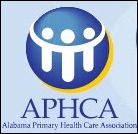



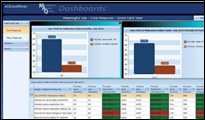
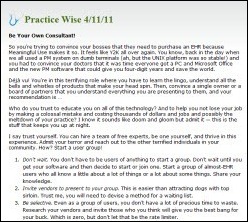
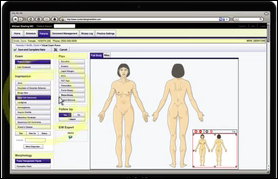

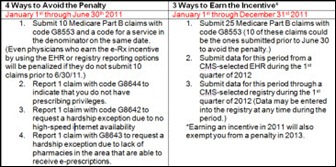
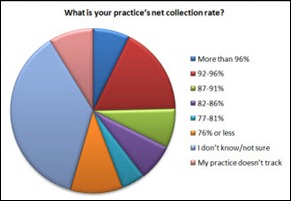
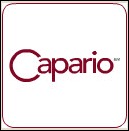

The article about Pediatric Associates in CA has a nugget with a potentially outsized impact: the implication that VFC vaccines…